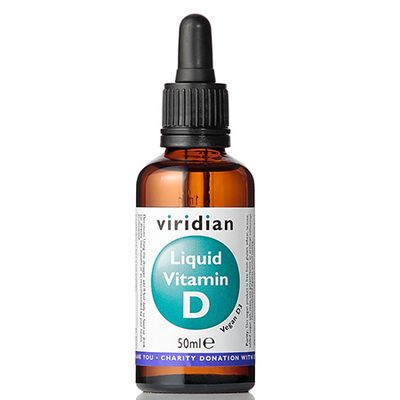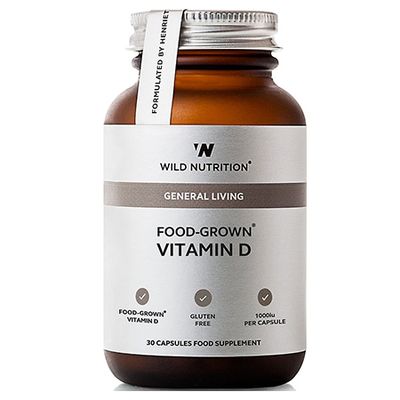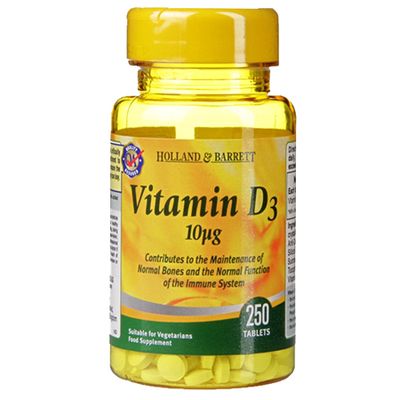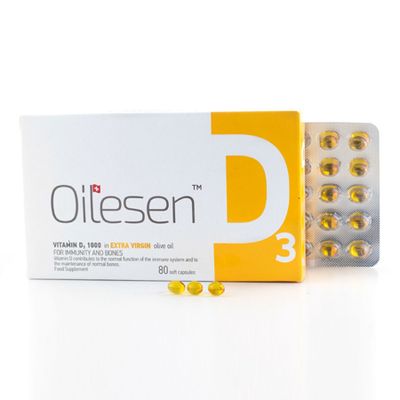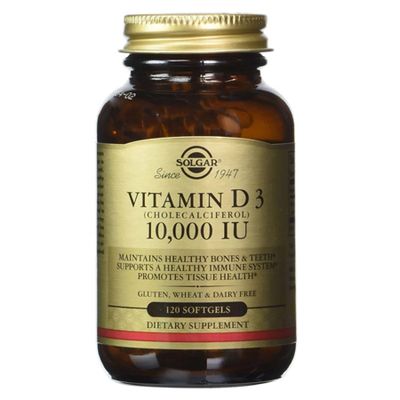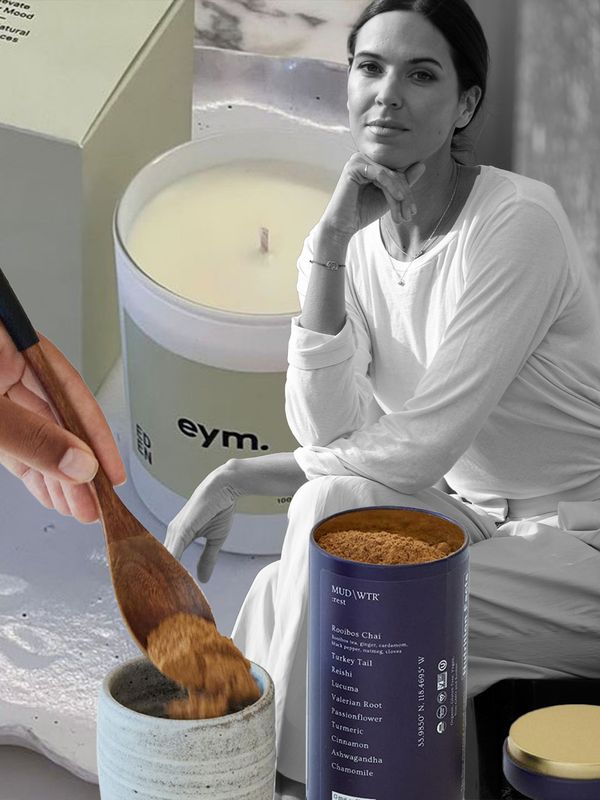
The Benefits of Vitamin D: What You Need To Know
UPDATED JULY 2019
It’s Known As The Sunshine Vitamin For Good Reason
Vitamin D is technically a hormone that’s produced when skin is exposed to sunlight – specifically UVB. It’s essential for our bones, muscles and regulating our immune system for overall health and wellbeing. Part of the reason we’ve all become so deficient is our new found ability to protect ourselves to intensively from the harmful rays of the sun. In fact, it’s recently been proven that SPF reduces our vitamin D production by 97.5%, and while we can’t ditch the sun cream altogether, there is now an argument for exposing bare skin to the sun daily in short periods.
Recent Reports Show It Decreases The Risk Of Cancer
While more research still needs to be done, studies show that a daily dose of sunshine could prevent the risk of cancer by a fifth – a study of 34,000 adults found those with high levels of vitamin D had a 20% lower chance of the disease. Adults with the highest levels of vitamin D saw their chances of liver cancer fall by 55%, with a 36% lower chance of prostate tumours and a 22% lower risk of breast cancer. Separate studies have also found vitamin D is essential to immunity, with a deficiency putting you more at risk of infections. In fact, some doctor’s claim that research has proven vitamin D supplements to prevent flu more effectively than the standard vaccinations on offer.
It's Responsible For ‘Gene Transcription’
Vitamin D has also been shown to be responsible for up to 3% of what’s known as ‘gene transcription’, the process in which your inherited genes are expressed or activated. In other words, vitamin D plays one of the most essential roles in nourishing your body, protecting your genes, preventing acute and chronic disease as well as maintaining your overall health.
Supplementing Throughout The Year Is Key
As we age, the risk of vitamin D deficiency increases even more. Those with dark skin colouring, low sun exposure, obesity, or anyone with a disease that impairs fat absorption are also at an increased risk of having incredibly low levels. Experts also agree that unless you spend part of every day of the year outdoors in brilliant sunshine (with bare arms and legs), you’ll definitely be low on the benefits of vitamin D. This means that almost every adult and child living in the UK will need to ensure some form of supplementation at the very least for the six months between October and April where UV exposure is at the bare minimum. The key is to understand the right amount you should be taking, and your GP will be able to help you with this. Doctors generally recommend 3,000 units of vitamin D to their patients, but as an absolute minimum, adults should be taking 2,000 units a day – and rest assured, there is very little danger of ever overdosing.
A Deficiency Is Usually Hard To Spot
Because the symptoms are often subtle and non-specific, it can be hard to know if your issues are caused by low vitamin D levels, or something else entirely. Easy signs to look out for include depression, trouble concentrating, frequent colds, muscle pain, low energy levels and chronic tiredness. Another key symptom is softer bones and higher risk of fractures. If you’re concerned about your levels, arrange a blood test with your GP to confirm your next steps.
Luckily, It’s An Issue That’s Easy To Fix
While increasing your sun exposure won’t be enough on its own, baring your skin to the sun’s rays without SPF for a maximum of 15 minutes daily will definitely help. You can also look to boost your diet with vitamin D-rich foods that include shitake mushrooms, mackerel, salmon, cod liver oil, grass-fed beef and eggs. Along with this, pharmacists and doctors alike advise that everyone incorporates vitamin D supplements into their lives to prevent a deficiency from forming. Not only will it improve general health, it’ll reduce your risk of infection and overall mood. Here, we’ve listed some of the best Vit D supplements to try…
DISCLAIMER: We endeavour to always credit the correct original source of every image we use. If you think a credit may be incorrect, please contact us at info@sheerluxe.com.
